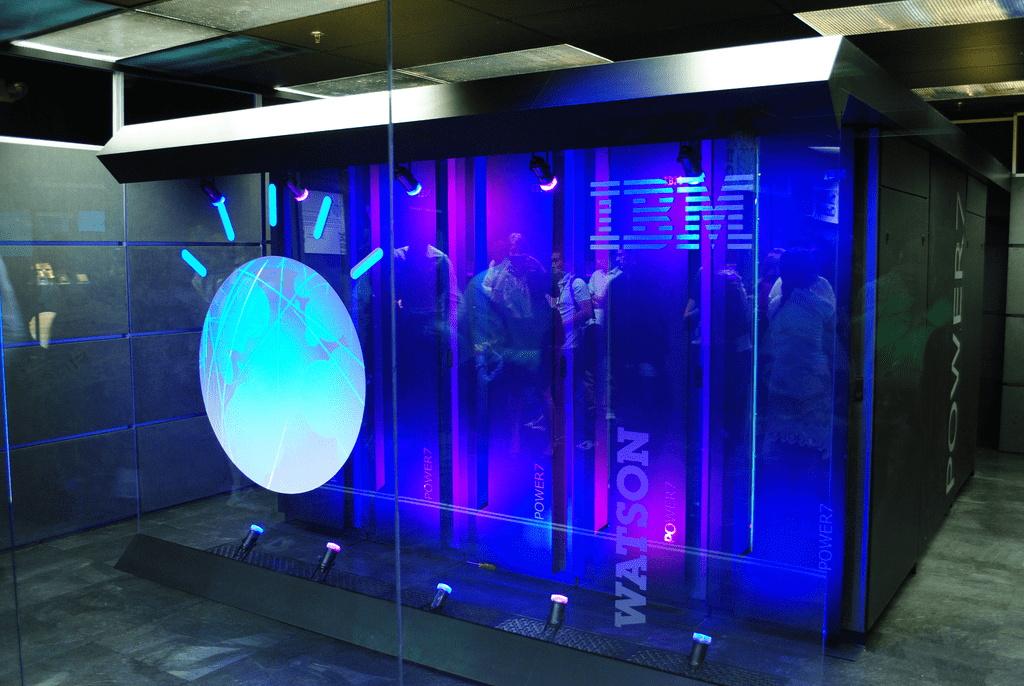Smart Travel Search: The Dawn of Artificial Intelligence
Share

APEX Insight: Planning a trip is becoming easier as travel search technology gets smarter. This evolution presents opportunities for airlines to improve personalization and become the portal of choice for booking travel.
Few people know as much about travel search technology or the bookings process as WayBlazer‘s Terrell Jones. From his start as a travel agent to his role as CIO of SABRE and his involvement in the successful launch of Travelocity and Kayak, Jones has played a key role in shaping travel search. We met with him during SITA’s Air Transport IT Summit (ATIS) in Barcelona last month to better understand how this technology is evolving.
According to Jones, there’s an opportunity for the airline industry to make stronger connections with its customers by applying intelligent technology. “Airlines are at the front door of travel; it’s where it starts,” he says. With the information airlines already have on their customers, and the information they can obtain from other customer interactions, Jones believes that airlines could offer fully tailored travel packages that reflect an understanding of an individual passenger’s needs and likes. “The technology is here now. It’s a question of understanding how best to apply it,” he adds.
“The technology is here now. It’s a question of understanding how best to apply it.” – Terrell Jones, WayBlazer
WayBlazer aims to eliminate the complications of planning by using more natural search parameters and contextual recommendations provided by IBM’s Watson, an Artificial Intelligence (AI) system designed to answer questions posed in natural language. “When I was a travel agent, years back, I could plan your trip to Italy in an hour. Now people spend three months online, and they’re not happy because they haven’t read everything. It’s frustrating. The reviews can be so different depending on the source,” Jones says. “We’re using personality analysis against reviews. We’re trying to find the great advice, so that you don’t have to read anyone else. It’s a hard process.”
“Now people spend three months online, and they’re not happy because they haven’t read everything. It’s frustrating.” – Terrell Jones, WayBlazer
AI data handling makes that hard process simpler, says Jones: “It lets us see the structured and unstructured data that is being generated at an amazing rate. We can no longer build databases for all data types. We can do it for structured data types, created by the business, but the data that surrounds the business – the social data, the blog data, and onwards – it’s really hard to combine the two.”
“What we’re trying to do with WayBlazer is move from a search based on clues to one based on advice,” Jones adds. “We’re synthesizing views, replies and social shares and saying, ‘here’s what we recommend.’ [Watson] has a level of confidence. Say we’re 83% confident that we have what is right for you, we can give you the evidence that supports that recommendation. Watson has done that very well.”
“We’re synthesizing views, replies and social shares and saying, ‘here’s what we recommend.'” – Terrell Jones, WayBlazer
As we saw at ATIS, others are developing similar technology. Rumors of Google’s advancements in travel search were answered at ATIS when Marcin Brodziak, senior software engineer and engineering lead for Conversational Travel at Google, demonstrated the functionality of the technology giant’s new Travel Assistant interface. Conversational travel search works like a chat interface. The user enters basic details of the trip and the assistant offers up solutions, in context. The assistant can also make adjustments according to request changes made in simple natural language and can handle group conversations.
Jones acknowledges competition, but he believes in the power of Watson’s AI capabilities. “Google, Amazon, Facebook, Hewlett-Packard and Microsoft are all following Watson, running hard, and IBM is running hard and that’s good €” that will make it more powerful,” he says. “Everyone is running.”


